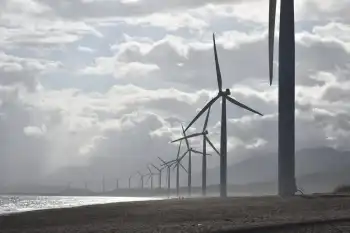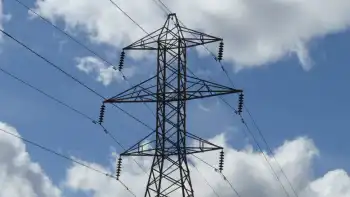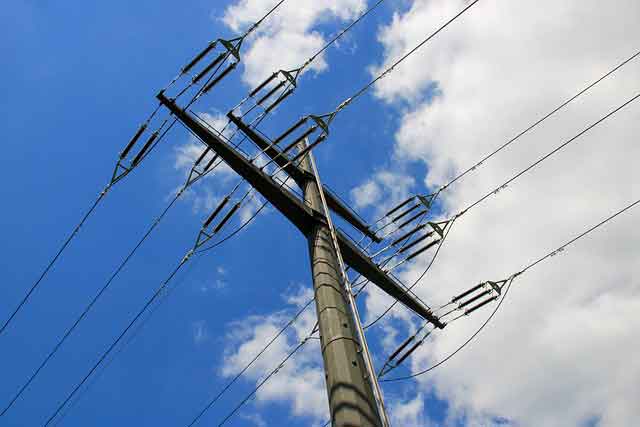Minnesota Signs Deal With Manitoba Hydro
WINNIPEG -- - The Minnesota Public Utilities Commission has unanimously approved a $1.7 billion power export deal with Manitoba Hydro.
It allows Minneapolis-based Xcel Energy to import power from Manitoba Hydro, despite the objections of aboriginal groups.
The 500-megawatt, 10-year deal was given the go-ahead.
It's an extension of an existing deal and will allow power to be exported until 2015.
Approval by Canada's National Energy Board is pending.
The Minnesota decision is a blow to the Pimicikamak Cree Nation of Cross Lake, Manitoba. They had asked the commission to first call a formal hearing into the social and economic impact of historic hydro development on their homeland.
Related News

A resilient Germany is weathering the energy crunch
BERLIN - German Energy Price Brakes harness price signals in a market-based policy, cutting gas consumption, preserving industrial output, and supporting CO2 reduction, showcasing Germany's resilience and adaptation while protecting households and businesses across Europe.
Key Points
Fixed-amount subsidies preserving price signals to curb gas use, shield consumers, and sustain industrial output.
✅ Maintains incentives via market-based price signals
✅ Cuts gas consumption without distorting EU markets
✅ Protects households and industry while curbing CO2
German industry and society are once again proving much more resilient and adaptable than certain people feared. Horror scenarios of a dangerous energy…




